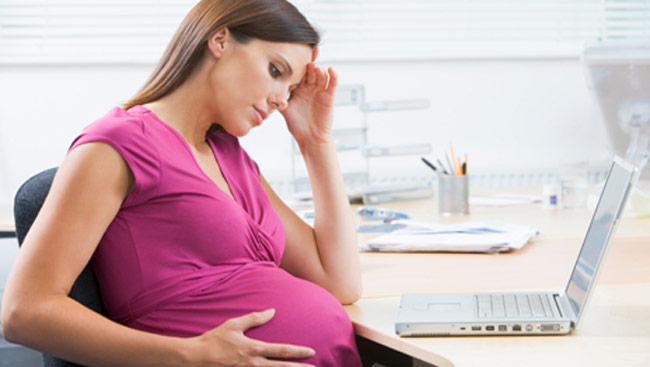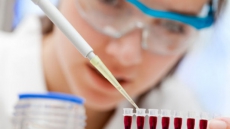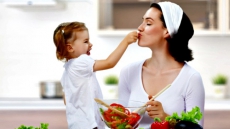It may not be a far-fetched idea to replace apple a day with a hug as researchers have found that more frequent hugs protect stressed people from getting sick.
The team from Carnegie Mellon University (CMU) found that greater social support and more frequent hugs protected people from the increased susceptibility to infection associated with being stressed and resulted in less severe illness symptoms.
"We know that people experiencing ongoing conflicts with others are less able to fight off cold viruses. We also know that people who report having social support are partly protected from the effects of stress on psychological states, such as depression and anxiety,” said Sheldon Cohen, the Robert E. Doherty University professor of psychology at CMU.
Cohen and his team chose to study hugging as an example of social support because hugs are typically a marker of having a more intimate and close relationship with another person.
They assessed the perceived social support and frequency of hugs in 404 healthy adults by a questionnaire.
The participants were then intentionally exposed to a common cold virus and monitored in quarantine to assess infection and signs of illness.
The results showed that perceived social support reduced the risk of infection associated with experiencing conflicts.
Hugs were responsible for one-third of the protective effect of social support.
“This suggests that being hugged by a trusted person may act as an effective means of conveying support and that increasing the frequency of hugs might be an effective means of reducing the deleterious effects of stress,” said Cohen.
The research appeared in the journal Psychological Science.





